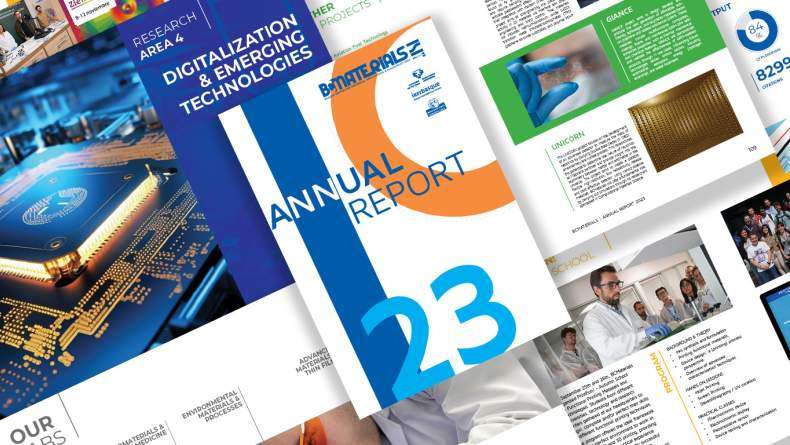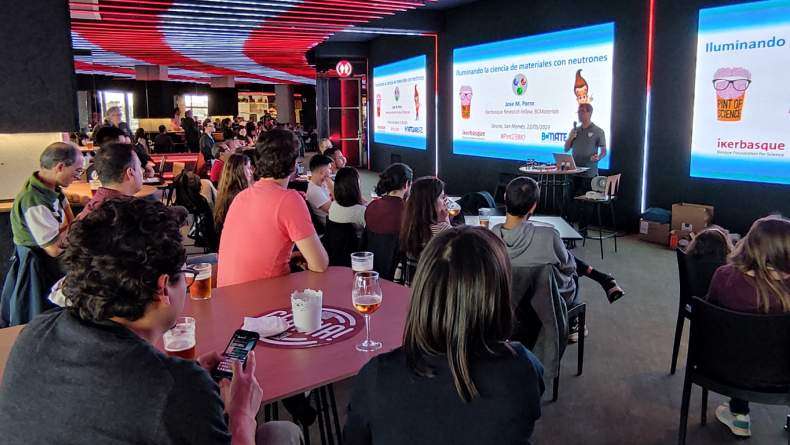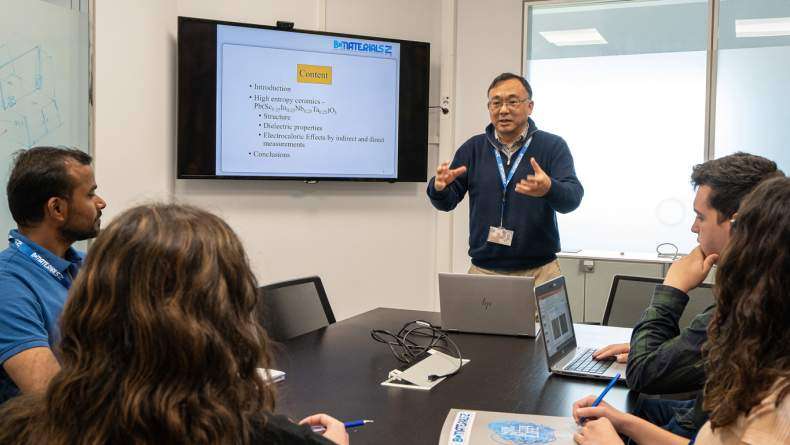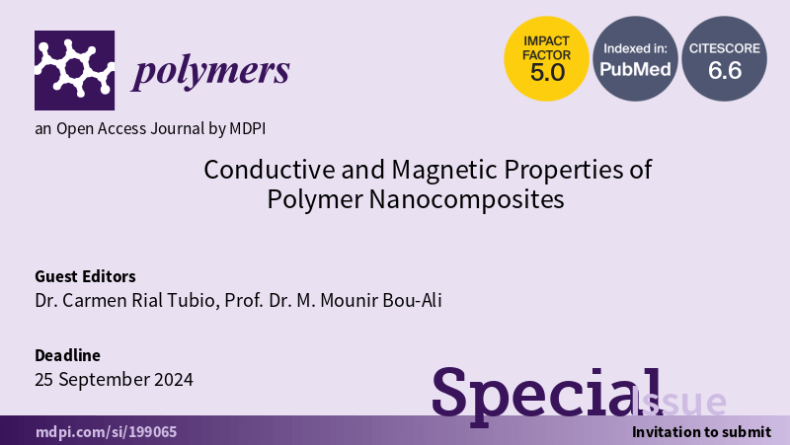PhD Results #7

BOSCO RODÍGUEZ
(BCMATERIALS)
Solid-state refrigeration is seen as a promisingly alternative to the less efficient conventional vapour-expansion refrigeration. Magnetocaloric materials are one of the best candidates for this magnetic refrigeration since they have a thermal behaviour towards an applied magnetic field. The aim of this work is to study magnetocaloric materials based on shape memory alloys (SMA) and its potential application to the solid state refrigeration. The most viable synthesis method for metamagnetic alloys with shape memory effect based on NiMnCoSn suitable for ink fabrication will be studied, as a preliminary step for an additive manufacturing process for flexible electronics. The materials to be fabricated will be heat treated and characterized magnetically and structurally. Also, a printable ink will be fabricated using the metallic powder obtained from a grinded ribbons of the synthetized alloy with the best magnetic properties. This alloy has to suffer a martensitic transformation at a temperature near to room temperature, to have low hysteresis and a change in adiabatic temperature (∆T_ad) of the order of one kelvin upon the variation of external magnetic field.
ANDER GARCÍA
(BCMATERIALS)
All-inkjet-printed organic thin-film field effect transistors
Transistors are basic components for integrated circuits and switches, and thus the basis for most of the electronics, especially consumer electronics available nowadays. They are considered as the most important electronic device and the key enabler of the digital revolution. Although traditionally fabricated through lithography processes, the possibility of manufacturing them by means of printing technologies has gained interest during the last several years, due to their characteristics such as high-throughput, large area and low-cost production. Organic field effect transistors use an organic component as the semiconductor layer (OSCs), thus enabling bendability and flexibility of the devices. In this seminar, I will briefly explain the operation principles of field effect transistors (FETs) and then discuss the differences between typical FETs and thin-film FETs (TFTs). Finally, I will present different possible topologies for these devices, and the challenges faced when manufacturing them making use of additive manufacturing technologies, in particular inkjet printing.Related news
BCMaterials Annual Activity Report 2023
BCMaterials has presented its 2023 Annual Activity Report. The document includes the highlights of the center's scientific activity during the past year, which continues on an upward trajectory in…Pint of Science Festival Bilbao 2024 (May 13-15)
BCMaterials collaborates once again with the Bilbao edition of the Pint of Science science outreach festival. The center also coordinates the event, which will bring 24 talks to four bars in the city…BCMaterials opens its 2024 PhD program
BCMaterials has opened its 2024 PhD program by offering 4 predoctoral contracts to students who want to complete their thesis at our center. The profile of the candidates is students of Chemistry,…Call for papers – ‘Polymers’ Special Issue
BCMaterials researcher Dr. Carmen Rial has been selected, along with Prof. Dr. M. Mounir Bou-Ali from the University of Mondragon (Spain), as Guest Editor for the special issue of Polymers (ISSN 2073…



